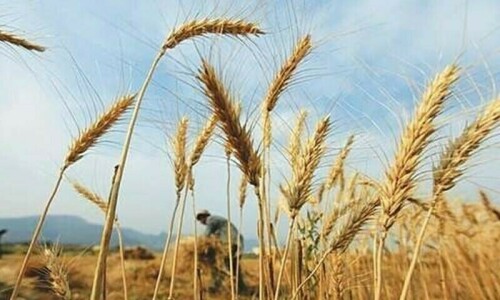A DEADLY attack against the Indian army in India-held Kashmir has left at least 17 soldiers dead and, because of the Indian authorities’ immediate accusations against Pakistan, has plunged Pak-India relations into a dangerous and unstable new phase.
The pre-dawn raid on an army camp in Uri, Baramulla district, is believed to have been carried out by four attackers, individuals that Indian authorities have suggested came from across the LoC or are aligned with Pakistan-based anti-India militant groups.
In a highly volatile environment – Indian Home Minister Rajnath Singh, who had a fractious visit to Islamabad in early August, has publicly called Pakistan a “terrorist state” — the ISPR has announced that the DGMO hotline was activated and the Pakistan DGMO asked his Indian counterpart to share so-called actionable intelligence with Pakistan.
In a characterisation that will not go unnoticed, the ISPR statement referred to ‘terrorists’ attacking Uri and asserted that “no infiltration is allowed from the Pakistani soil” — a position that would be bolstered by a crackdown on all non-state actors allegedly involved in cross-border/LoC terrorism.
With the UN General Assembly session scheduled to bring together world leaders in New York this week and Prime Minister Nawaz Sharif to address the UNGA on Wednesday, the Uri attack could catapult the Kashmir dispute to the forefront of global issues that will be discussed in New York.
While Mr Sharif was in any case expected to strongly reiterate the Pakistani position on Kashmir, the decision by Indian Prime Minister Narendra Modi to skip the session means a potential high-level clash has been averted.
Indian Foreign Minister Sushma Swaraj may well be hard-hitting in her own speech, but that will come towards the end of the gathering and several days after Mr Sharif would have spoken. Surely, though, the war of words, at least from the Indian side, will not abate in the days ahead. India’s automatic blaming of Pakistan for major violence in that country is very much a part of the problem.
Meanwhile, the death of 11-year-old Nasir Shafi, whose body was found riddled with pellets used by Indian security forces, has deepened the anger and instigated fresh protests in IHK over the weekend. The vicious and unending clampdown by Indian security forces in IHK ought to have pricked the world’s conscience, but the outside world has prioritised good relations with India over compassion for the oppressed people of Kashmir.
Perhaps conscientious voices in India can help point out a fundamental truth about the Kashmir conflict: irrespective of what the Indian government thinks Pakistan has done or is doing, the Kashmir dispute is rooted in a people’s genuine rejection of control by the state of India. Denying that is a hallmark of generations of Indian leaders, but it is a truth that has not changed.
Published in Dawn September 19th, 2016











































